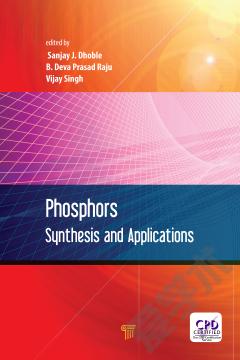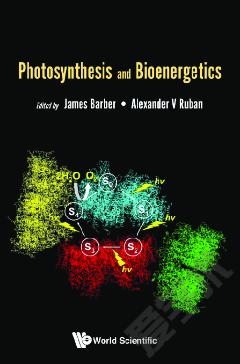Synthetic and Natural Phenols
The chemistry of phenols tends to be ignored in organic chemical textbooks and to be lost amongst the many classes of functional derivatives. This volume is not intended to provide a textbook approach but rather to give an account of developments in phenol chemistry in the last two decades.Features of this book: Numerous phenolic systems have been covered in detail, e.g. phenolic propanoids. The emphasis throughout has been on synthesis, on what can be achieved by the use of phenolic intermediates and in the construction of phenolic end products. Many chapters enable the reader to refer to the original literature wherever possible. Various chapters provide a fund of tutorial material and problems for undergraduate studies and further, which will encourage perusal of the literature. Some 2000 references to applied and academic papers are given.Phenols are ubiquitous substances and now it is more widely accepted that there are pros and cons connected with their usage. The pros for compounds are well-known and are illustrated by perennial panaceas such as aspirin, paracetamol, codeine, etc. The cons are less obvious because they are also materials deeply entrenched in our standard of living and in most cases inherent hazards have only recently come to light. The book will be of interest to postgraduate students in academic and industrial work.
{{comment.content}}








 京公网安备 11010802027623号
京公网安备 11010802027623号